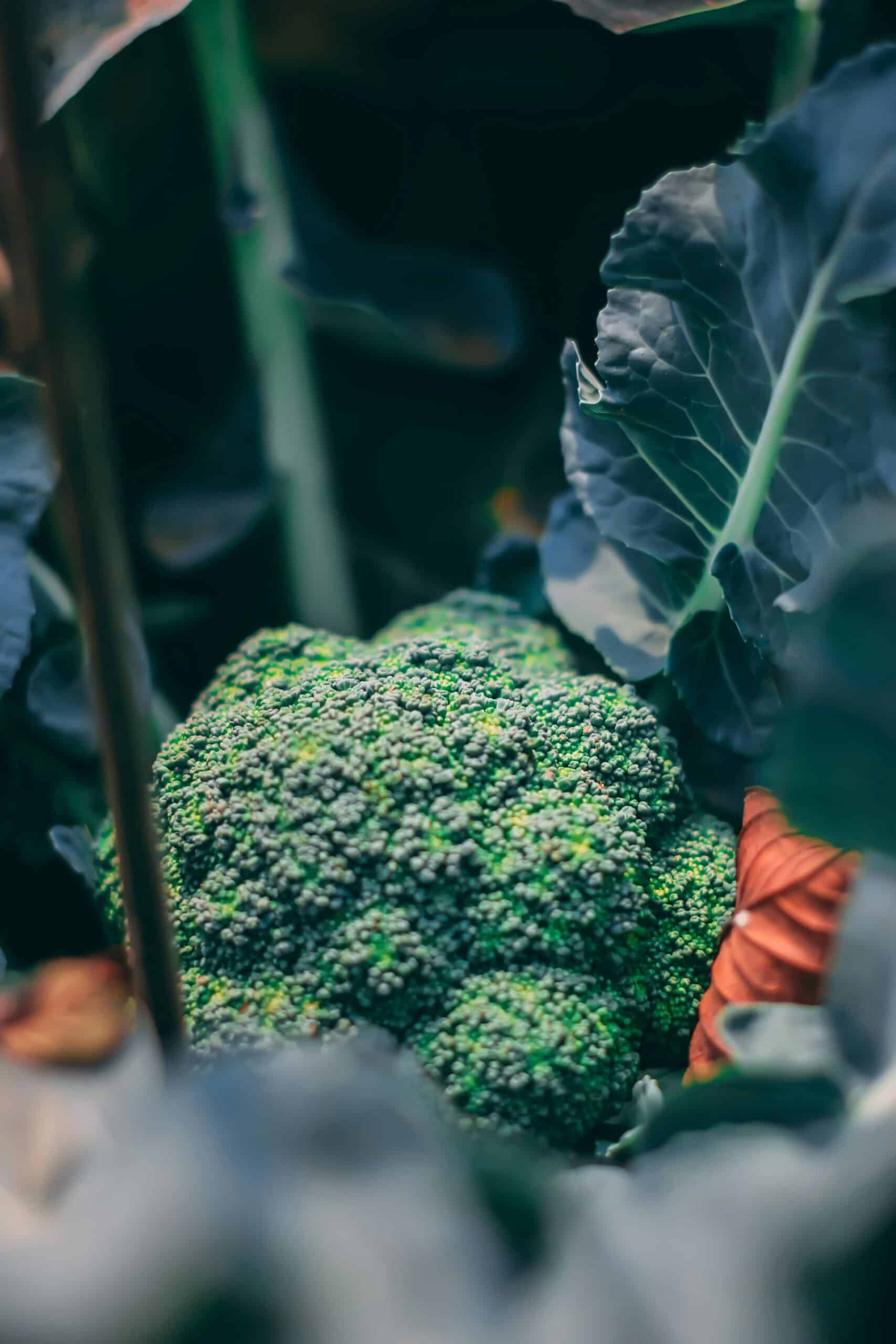
Episode #168
The Most Nutrient Dense Foods, Addressing Nutrient Deficiencies, The Bioavailability of Foods, Are Seed Oils Healthy?, and More
Nutrition research is supposed to be unbiased. The keywords there are “supposed to be.” But as we’ve recently seen with Tufts University’s Food Compass, which ranks Cheerios, sweet potato chips, and Lucky Charms higher than nutrient-dense foods like eggs and beef, much of the nutrition research out there is highly biased. Major food corporations are […]

Guest
Ty Beal
Nutrition research is supposed to be unbiased. The keywords there are “supposed to be.”
But as we’ve recently seen with Tufts University’s Food Compass, which ranks Cheerios, sweet potato chips, and Lucky Charms higher than nutrient-dense foods like eggs and beef, much of the nutrition research out there is highly biased.
Major food corporations are funding this research to skew the data in their favor so that their not-even-remotely-good-for-you foods are touted as the healthier option despite being anything but.
Not only can this leave your head spinning and confused about who to trust, but it also means that whole, nutrient-dense foods like red meat are being demonized when they’ve been the healthier choice for hundreds of years.
Thankfully, not all nutrition researchers are bad, and there are plenty of good ones out there who aren’t receiving funding from the wrong folks.
And Ty Beal, nutrition researcher and Research Advisor on the Knowledge Leadership team at the Global Alliance for Improved Nutrition (GAIN), is one of them.
Ty is a phenomenal, unbiased researcher who looks at nutrition science objectively, something all researchers are supposed to do, and he doesn’t take any industry funding.
He’s spent the last few years diving into the research globally to see what the most nutrient-dense foods are.
He also studied the nutritional deficiencies that we’re facing worldwide — in developing and well-off countries — to see what’s really happening here.
Ty also dives into micronutrient deficiencies and why this is crucial to pay attention to, how we can address these issues, and what the real food rankings should look like.
Globally, we looked at women of reproductive age and children under 5 and found that more than 1 in 2 worldwide are deficient in at least one nutrient. More than 2 in 3 children are deficient. Share on XTy and I also get into regenerative agriculture, different diets like vegan and carnivore, whether or not seed oils are unhealthy, and the bioavailability of food.
You’ll also hear Ty’s opinion on whether we should reduce our meat consumption, including red meat, his thoughts on saturated fat, and whether plant toxins are really an issue.
If you’re not familiar with Ty Beal’s work, he’s a Washington, D.C., based researcher and Research Advisor on the Knowledge Leadership team at the Global Alliance for Improved Nutrition (GAIN).
His objective work has been quoted in dozens of research papers to date, and he has extensive experience studying diet quality, food affordability, sustainable food systems, micronutrient deficiencies, global health, and more.
With his unbiased nutrition research background, I knew I had to get him on the show and share his incredible wealth of knowledge with you.
Here’s a peek at some of the topics Ty and I get into
- What got Ty Beal into nutrition research
- What he changed on his own health journey
- What makes a food ultra processed?
- What makes ultra processed foods so bad for your health?
- The most prevalent nutrient deficiencies worldwide
- Why are these nutrient deficiencies happening?
- What are some of the most nutrient dense foods?
- Where Ty goes to see the nutrient density of a food
- What about the bioavailability of foods?
- Is there enough scientific evidence to say that we should reduce our animal consumption?
- Ty shares his thoughts on regenerative agriculture and using circular systems, including what the latter is
- Should red meat be demonized as much as it currently is?
- Is saturated fat really bad for us?
- Ty also shares his thoughts on consuming seed oils
Mentioned in This Episode
- Ty Beal’s work on Google Scholar
- Ty Beal’s Twitter
- Micronutrient deficiencies among preschool-aged children and women of reproductive age worldwide: a pooled analysis of individual-level data from population-representative surveys
- Limitations of the Food Compass Nutrient Profiling System
- Friend or Foe? The Role of Animal-Source Foods in Healthy and Environmentally Sustainable Diets
- Protein quality as a complementary functional unit in life cycle assessment (LCA)
- Measuring what the world eats: Insights from a new approach
- Estimating national and subnational nutrient intake distributions of global diets
- The Keto Answers Podcast Episode 20: Nina Teicholz – Embracing Saturated Fat and Why Our Nutrition Policy Is Wrong
- The Natural State Podcast Episode 166: Dr. Bill Schindler – Learning How To Eat Like a Human
- The Natural State Podcast Episode 163: Chris Kresser – Addressing Nutrient Deficiencies in Healthy Populations, The Most Nutrient Dense Foods, Pleiotropic Interventions, and More
- The Natural State Podcast Episode 158: Dr. Stephan van Vliet – Comparing the Nutrient Density of Grass-Fed vs. Grain-Fed Meat
- The Natural State Podcast Episode 139: Eric Perner – Optimizing Regenerative Agriculture for a Better Future for Our Planet
- Anna Borek’s self experimentation on oats versus canola oil
More Resources
- The Natural State Podcast Episode 161: Taylor Collins Using Regenerative Agriculture to Bring Ecosystems Back to Life
- The Natural State Podcast Episode 148: Chris Masterjohn – Covid Research, Important Micronutrients, Soil Quality, Eating Locally and Seasonally, and More
- The Natural State Podcast Episode 144: Tucker Goodrich – The Science Behind Vegetable Oils and Why They’re Terrible For You
- The Natural State Podcast Episode 145: Tucker Goodrich – The Research on Vegetable Oils and Inflammation, Cholesterol, Chronic Diseases, and More







